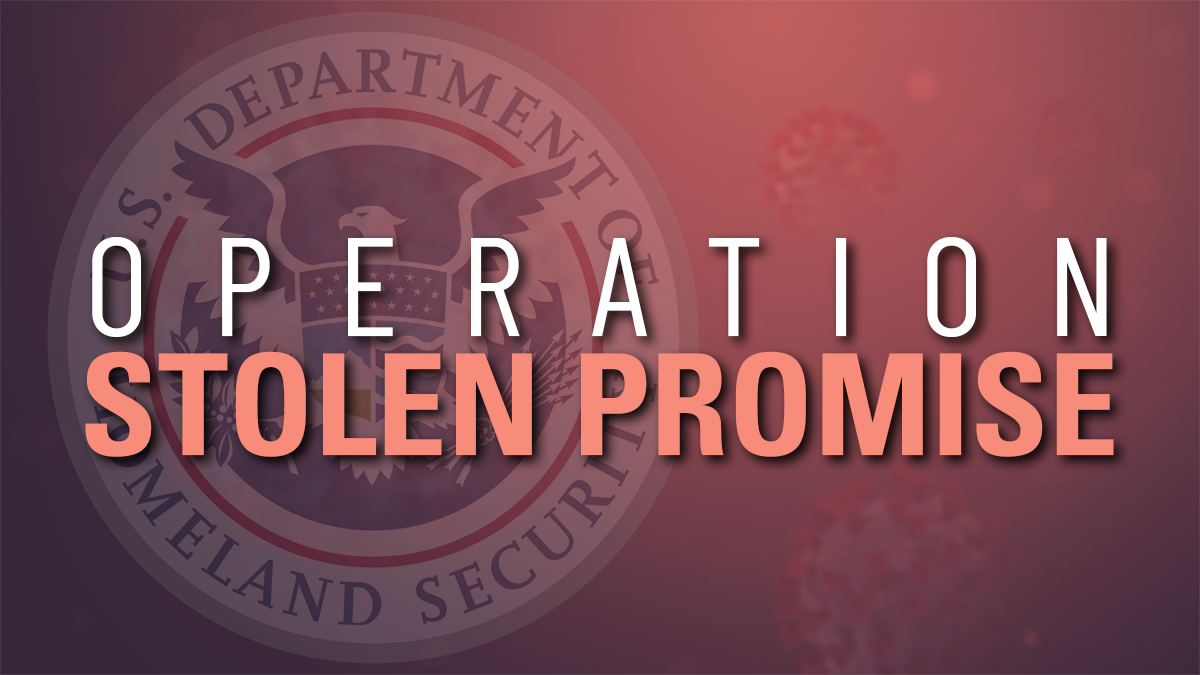

They were charged with forgery, use of forgery, and complicity in fraud, the AP reports, and face five years of jail time and a hefty fine.įernando de Noronha, Brazil, an archipelago off the coast, originally made the unusual decision in September to re-open only to visitors who could prove that they have already had COVID-19. In France, seven people were arrested at the Paris airport on November 7 for reportedly selling fraudulent test results for between $180 and $360 (€150 to 300), according to the AP. Paul Hennessy / Echoes Wire/Barcroft Media via Getty Images Whether people are unable to obtain a test in time or simply unwilling to take it is unclear.Īs air travel slowly bounces back - the number of daily travelers passing through TSA checkpoints was down to fewer than 100,000 early on during the pandemic, compared to an average of over two million pre-pandemic, and has recently increased to around 800,000 a day - it is especially important to be able to trust visitors and fellow travelers.įraudulent documents have been uncovered in multiple countries. Instead, they've implemented strict requirements on who can and cannot enter, usually demanding proof of a negative coronavirus test taken within a certain pre-arrival timeframe.īut not everyone seems to be on board with this simple stipulation, with reports of counterfeit test results cropping up in different countries.

Around the world, some people are attempting to bypass travel requirements by purchasing counterfeit coronavirus test results on the black market.ĭespite coronavirus cases being on the rise globally, many tourist destinations can't afford to close their borders to foreigners.


 0 kommentar(er)
0 kommentar(er)
